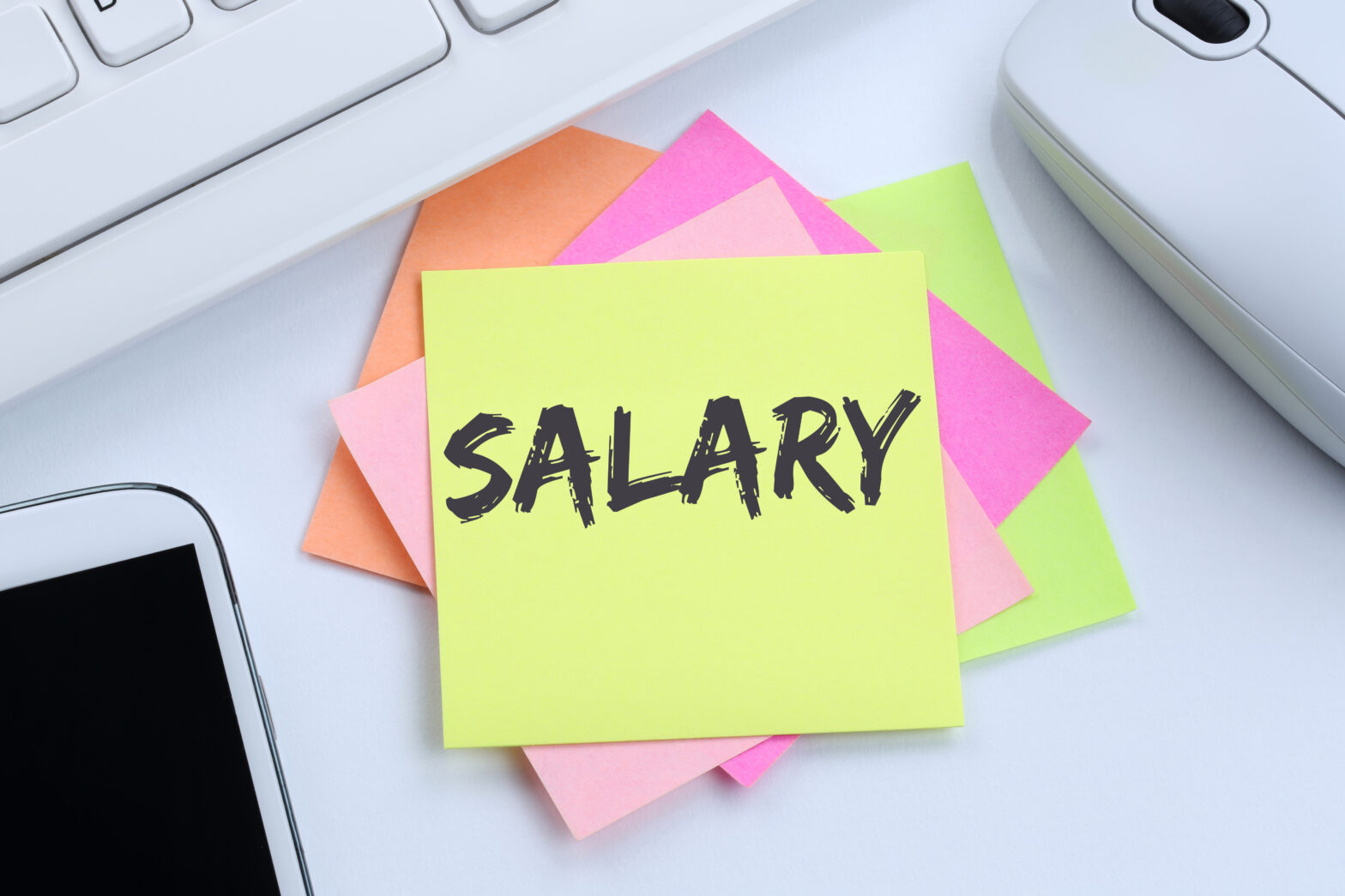Despite there being a great amount of uncertainty following last month’s general election, average salaries in the UK saw a steady increase last month, rising by 1.3 per cent when compared with data from June 2016. This is according to the latest statistics from CV-Library.
The data found that many cities across the UK also saw an increase in pay in June, when comparing year-on-year data, with some key cities such as Glasgow (9.1 per cent) and Sheffield (1.2 per cent) also witnessing month-on-month growth. When comparing June 2017 data with June 2016, the cities which saw strongest salary growth included:
Sheffield – 11.3 per cent
Cardiff – 10.9 per cent
Edinburgh – 7.4 per cent
Glasgow – 4.6 per cent
Leeds – 3.3 per cent
Manchester – 1.6 per cent
London – 1.5 per cent
Bristol – 1 per cent
Brighton – 0.5 per cent
Southampton – 0.2 per cent
Not only this, but some of the UK’s key industries also witnessed a rise in salaries year-on-year, with the hospitality (15.2 per cent) and administration (8.5 per cent) sectors seeing the biggest increases. It’s also positive to note that the social care (4.7 per cent), education (4.7 per cent) and automotive (3.8 per cent) industries also saw strong increases in salaries, despite increasing amounts of uncertainty in these sectors post-Brexit.
Lee Biggins, founder and managing director of CV-Library comments, ‘We are now one year on from the EU Referendum, and with post-election uncertainty still looming, it is very positive to see that salaries are continuing to rise at a steady rate, across the UK. Many key cities and sectors have seen positive growth, indicating that businesses across the nation are still working hard to attract talented candidates to their vacancies, despite these unpredictable times.’
Furthermore, the findings reveal that businesses are remaining optimistic about their hiring plans, as job vacancies increased by 4.4 per cent year-on-year. In fact, some of the UK’s key cities also saw impressive increases in job vacancies, with job numbers in Glasgow, Brighton and Manchester increasing by 24.1 per cent, 19.5 per cent and 17.5 per cent respectively.
That said, despite the positive increase in job growth and average salaries, this was not replicated when it came to candidate application rates, which saw an 11.6 per cent drop when compared with June 2016.
Biggins concludes, ‘While it’s great to see that businesses have not cut down their hiring plans, it’s clear that there is still a lot of uncertainty across the nation and therefore, unsurprising that application rates have taken a dip. The onus is now on organisations to continue to work hard to offer attractive packages and entice individuals into their roles. While candidate appetite does tend to drop in the summer months, as the dust settles post-election we hope to see application rates pick back up.’





